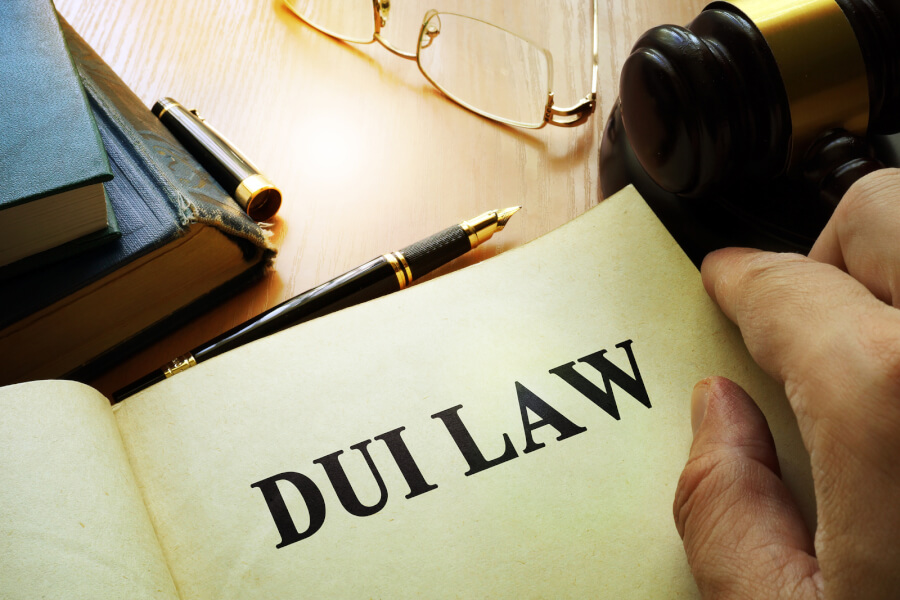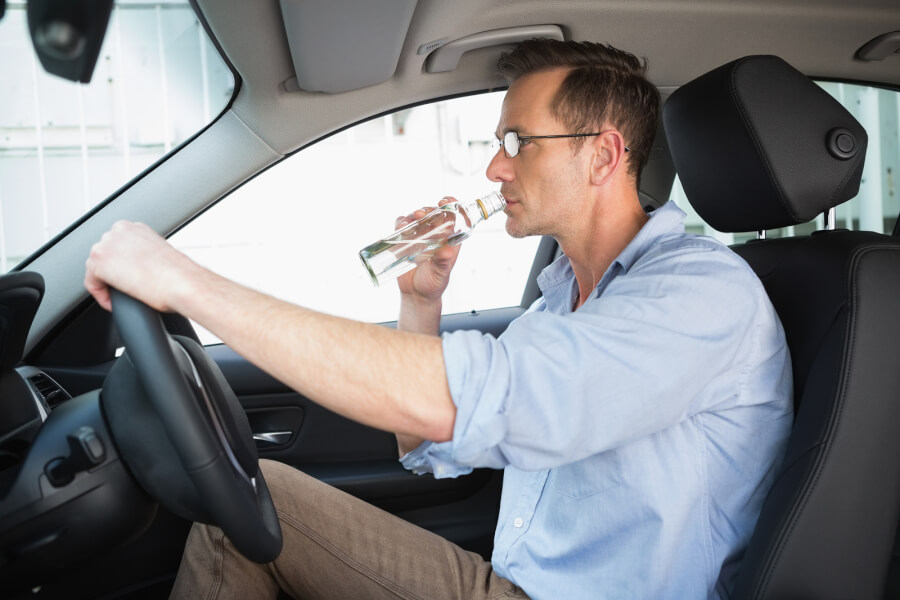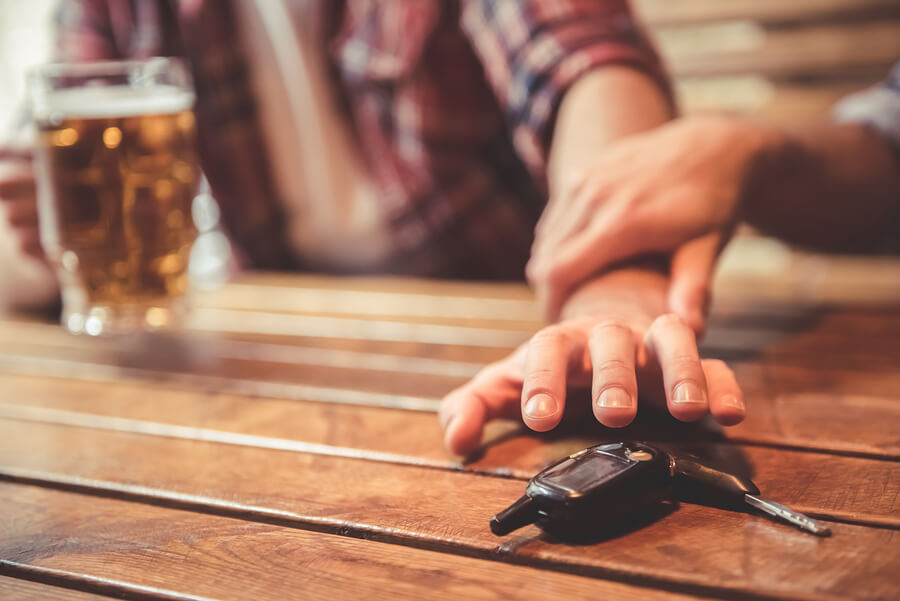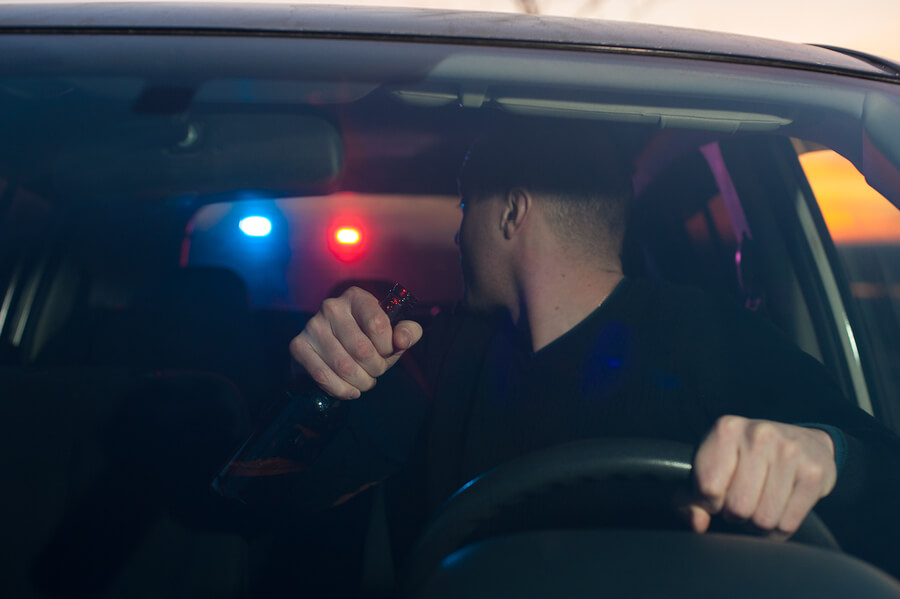The aftermath of a DWI is devastating. Arrest. Court. Maybe even a conviction. You need time to sort through everything and put your life back together.
When everything’s all over, your license has been restored and you’re back driving again, there’s something else you’ll need before you get behind the wheel—car insurance. But can you get insured after a DWI?
Starting Over

Once your insurance company is informed of your DWI, your policy will either become much more expensive because of the higher risk, or it will be cancelled completely (usually in the form of non-renewal.)
In either case, you may have a difficult time getting insurance again. There are agencies who will issue a policy, but it could be drastically more expensive than before. There are some insurers that offer policies for people who have been arrested and/or convicted of a DWI.
If you have been able to acquire limited driving privileges, you’ll need to make sure you still have car insurance, or if you’ll need to find a new company.
How Long Will This Last?
North Carolina uses a point system, called the Safe Driver Incentive Plan (SDIP). It’s used to calculate your insurance rates in the state. A DWI adds 12 points to your license at once, and your insurance can increase a whopping 400% after a conviction. (If you are a CDL holder and use it for your primary occupation, a DWI could cost you your livelihood.) Those points stay on your driving record for three years, and any additional infractions (tickets, accidents, etc.) will continue to add points and increase your insurance rates. Insurers only look at a driver’s previous three years to assess insurance rates.
Without any additional points, your rates should begin to decrease after three years.
Until Then
You may be stuck paying much higher insurance premiums due to the increased risk. Your liability limits are likely to be higher, too. Or you may decide to find another company that caters to DWI clients, and that might be less expensive. Once you have your license restored, you’ll need to prove to the state that you have auto insurance.
North Carolina requires anyone convicted of a DWI to complete an alcohol/ assessment, and may require an alcohol/drug treatment program during the license suspension.
Many North Carolina insurers will assume the increased risk of a DUI client, and offer policies with that risk. After the stark reality of a DWI, most people don’t repeat the behavior after completing the required processes, assessments and treatments.
Non-Owner’s Policy
One option is to consider is contacting a company that can offer you what’s called a “non-owner’s policy.” That is, you’re insured to drive, even though you don’t own a car However, there are limitations involved.
If you find yourself car-free after your DWI, and you aren’t buying one again for a while, a non-owner’s policy will allow you keep continuous insurance and drive occasionally (if you’re allowed to.) This is important for future insurance rates as well. The key is whether or not you have “regular access to an automobile.” You’ll only be driving occasionally, not on a daily basis. After a DWI, this may be an option to consider.
We Can Help
Getting your life back together after a DWI in Raleigh isn’t easy. We’ve helped people like you in the Raleigh/Wake County area who have been through DWI. An aggressive DWI defense attorney can help you through the entire process, fight for you and help you get your life back. For a free consultation, contact our office at 919-832-0307 or use the contact form online.


 Driving a motor vehicle of any kind while under the influence of alcohol (or other debilitating substances.) If you are over the age of 21, and you have a Blood Alcohol Content (BAC) over .08%, a previous DWI or are a CDL driver with a BAC over .04%, or under 21 with any alcohol concentration, North Carolina considers you “impaired.” Mitigating factors include prescription drugs, your physical or mental fitness, and how alcohol affects you. Your license will immediately be suspended for at least 30 days.
Driving a motor vehicle of any kind while under the influence of alcohol (or other debilitating substances.) If you are over the age of 21, and you have a Blood Alcohol Content (BAC) over .08%, a previous DWI or are a CDL driver with a BAC over .04%, or under 21 with any alcohol concentration, North Carolina considers you “impaired.” Mitigating factors include prescription drugs, your physical or mental fitness, and how alcohol affects you. Your license will immediately be suspended for at least 30 days. According to
According to 